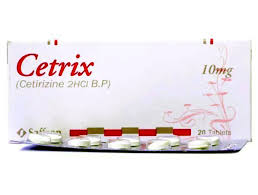Adrenaline 1mg ml injection
Description
Read all of this leaflet carefully before you start using this medicine because it contains important
information for you.
– Keep this leaflet. You may need to read it again.
– If you have any further questions, ask your doctor, pharmacist or nurse.
– This medicine has been prescribed for you only. Do not pass it on to others. It may harm them,
even if their signs of illness are the same as yours.
– If you get any side effects, talk to your doctor, pharmacist or nurse. This includes any possible
side effects not listed in this leaflet. See section 4.
What is in this leaflet:
1. What Adrenaline (Epinephrine) injection is and what it is used for
2. What you need to know before you are given Adrenaline (Epinephrine) injection
3. How Adrenaline (Epinephrine) injection is given
4. Possible side effects
5. How to store Adrenaline (Epinephrine) injection
6. Contents of the pack and other information
1. What Adrenaline (Epinephrine) injection is and what it is used for
Adrenaline (Epinephrine) Injection belongs to a group of medicines called adrenergic and dopaminergic
agents.
This medicine is used for:
– Treatment of cardiac arrest (unexpected loss of heart function, breathing and consciousness),
– Treatment of acute anaphylaxis in adults (serious shock or collapse produced by a severe allergic
reaction).
2. What you need to know before you are given Adrenaline (Epinephrine) injection
You must not be given Adrenaline (Epinephrine) injection
• If you are allergic (hypersensitive) to any ingredients of this medicine (listed in section 6) where an
alternative presentation of Adrenaline or alternative vasopressor is available.
Warnings and precautions
Adrenaline (Epinephrine) injection is indicated for emergency treatment. Continuous medical
supervision is necessary after administration.
Precautions for use
The risk of side effects is increased if you:
– have medical history of hyperthyroidism (disease of the thyroid gland),
– have severe renal insufficiency,
– suffer from hypercalcaemia (increase of calcium concentration in the blood),
– suffer from hypokalaemia (decrease of potassium concentration in the blood),
– have diabetes mellitus,
– have cardiac disease or arterial hypertension,
– have brain damage or hardening of the arteries in the brain,






Reviews
There are no reviews yet.